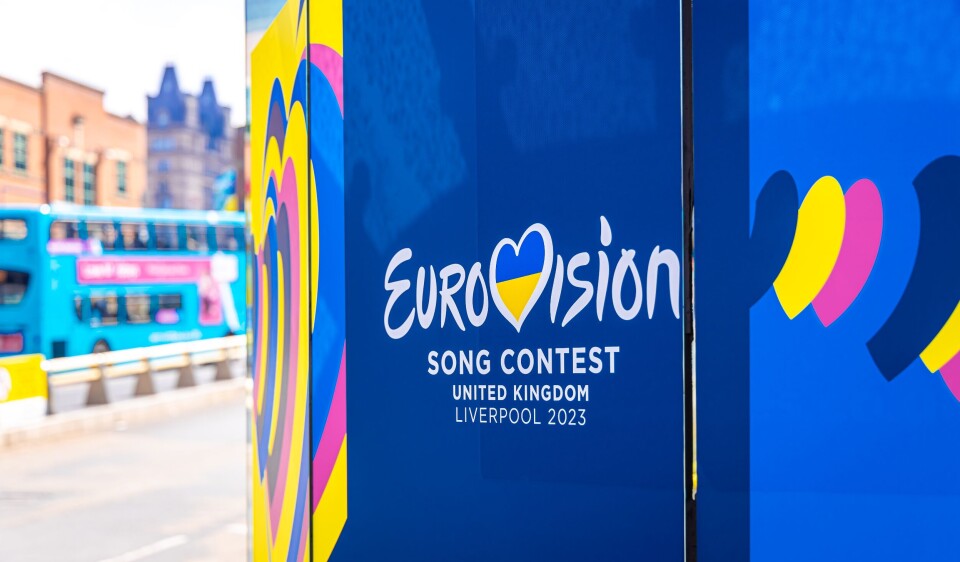-
How many Americans live in Paris - and where else are they choosing in France?
Over a quarter of all US nationals in France live in the capital city
-
Price rises for Netflix in France
The Standard (with ads) and Premium packages are increasing by €24 a year
-
Leclerc supermarkets to sell car fuel at cost price for Easter
The initiative will apply to diesel, petrol, and LPG
How do the French view the Eurovision Song Contest?
Despite France winning it five times, the French consider Eurovision kitsch and too tied up in geopolitics

Will La Zarra get France’s long-awaited sixth title?
The Canadian singer from Quebec represents France on Saturday (May 13) at this year’s Eurovision Song Contest final in Liverpool.
Bookmakers have made her song, Evidemment, the fourth favourite to win the pop music extravaganza.
It would be France’s sixth Eurovision win but the first since 1977, when Marie Myriam triumphed with L’Oiseau et l’Enfant.
The last two decades have been particularly dreadful for France at Eurovision. From 2003 to 2022, France often ranked closer to the bottom than the top. The years 2012, 2013, 2014 and 2015 were particularly bad, with France ranking 22nd, 23rd, 26th (last) and 25th, respectively.
Has such a long wait for a win dampened enthusiasm for the contest? Here we take a look at its popularity among the French.
Eurovision is seen as kitsch
French people do not consider Eurovision with the same importance and deference Northern, Slavic and Eastern European countries do.
It is often compared with Miss France, another popular single-night event that is fun to watch with friends but can easily be skipped without suffering from the fear-of-missing-out syndrome or peer pressure.
Last year, just 3.18 million people watched the Eurovision final in France. That compares to 8.9 million in the United Kingdom and 6.8 million in Spain.
The show, overall, suffers from the longstanding view that it is kitsch with mostly average-quality songs.
There is also a feeling that the songs are ranked more on the basis of geopolitics than their inherent quality and originality.
In addition, while countries such as Greece and Cyprus exchange favourable votes, France does not have the equivalent to give it guaranteed points.
A count by the French newspaper Ouest-France showed Switzerland has given the most points to France since 1975 with 159.5 points. Israel came second, giving 144 points, with Greece third on 143 points.
Difference in strategy
The strategy of French entrants also differs from other countries.
French competitors are expected to win and everything goes into achieving this goal. But countries in Eastern Europe or the Nordics seem to focus more on making viral music that performs well commercially after the contest.
This, it could be argued, means the French never have a Eurovision track they feel they can get behind.
Jessy Matador, France’s Eurovision entrant in 2010, is a good example. His song, Allez Ola Olé, is the fifth most-watched item - with 64 million views - on the Eurovision Song Contest’s YouTube channel. But many French people consider it cheap and unsophisticated.
On the flip side, Armenia’s entrant last year, Rosa Linn, finished 20th, but the song enjoyed huge success, ranking 133rd on the Global 200 Billboard for 2022 year-end chart, 21st in UK Singles and 67th in the US Billboard Hot 100.
Related articles
From poverty to glory: Life of legendary French singer Edith Piaf
Fans celebrate France’s highest-ever score at Eurovision
























